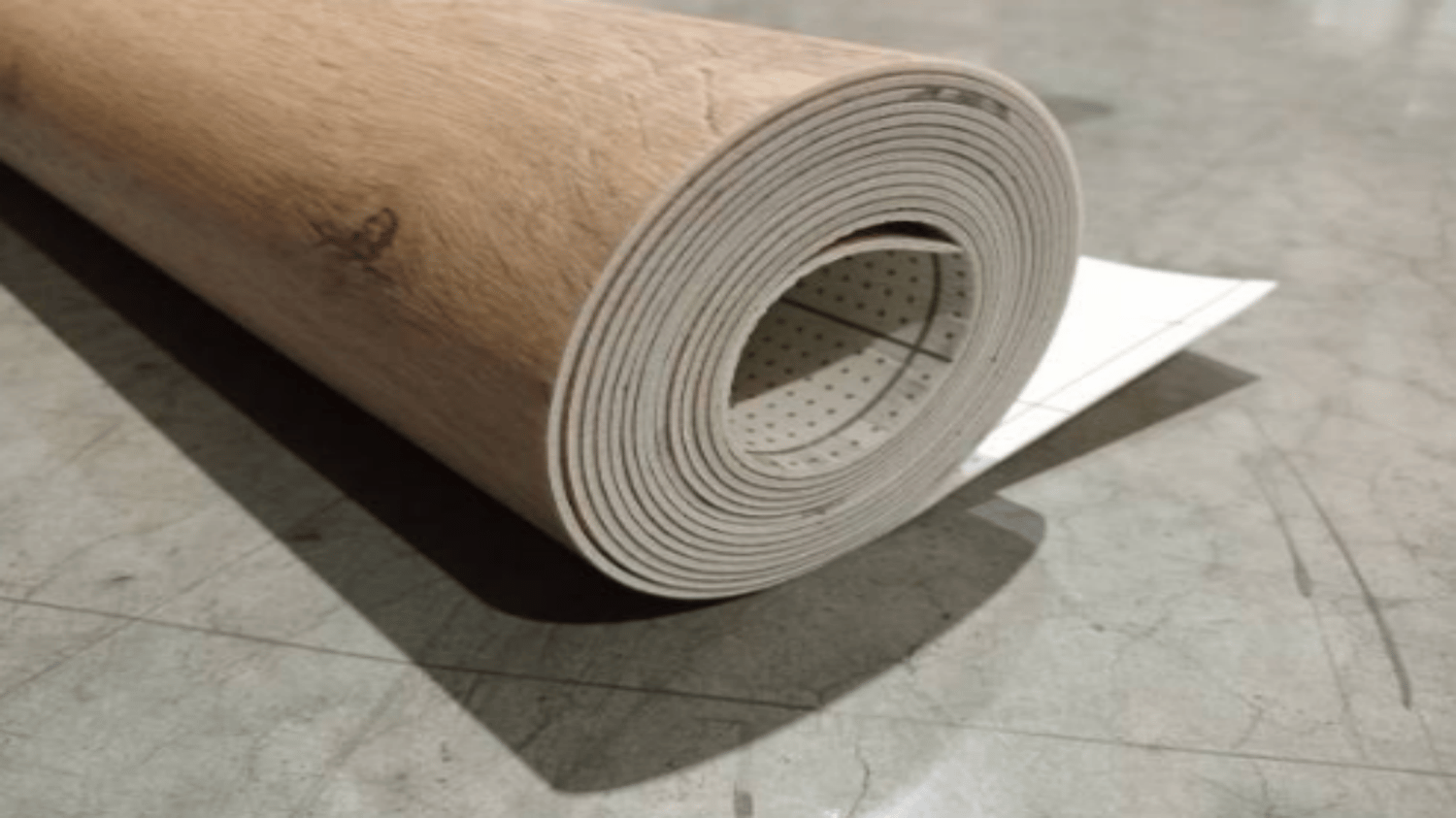The Basics of Sheet Vinyl Flooring
Sheet vinyl flooring is a durable and versatile type of flooring that offers a wide range of benefits. It is a popular choice for both residential and commercial applications due to its affordability, ease of installation, and low maintenance requirements. In this article, we will explore what sheet vinyl is, its advantages and disadvantages, different types of sheet vinyl, and how to care for and maintain it.
Understanding Sheet Vinyl Flooring
Sheet vinyl flooring, also known as resilient flooring, is a type of flooring made from a synthetic material called vinyl. It comes in large rolls or sheets, typically 6-12 feet wide, which are installed by gluing them down to a subfloor. Sheet vinyl is available in a wide variety of patterns, colors, and designs, allowing homeowners and designers to achieve the desired look and feel for their space.
The Advantages of Sheet Vinyl
Sheet vinyl offers numerous advantages that make it a popular choice for many homeowners and businesses. One of the main advantages is its affordability. Sheet vinyl is generally more cost-effective than other types of flooring, such as hardwood or ceramic tile. It is also easy to install, especially for experienced DIY enthusiasts, as it can be cut to fit the space and glued down.
The Disadvantages of Sheet Vinyl
While sheet vinyl has many benefits, it also has a few drawbacks to consider. One of the main disadvantages is that it can be susceptible to cuts, tears, and scratches. Heavy furniture or sharp objects can cause damage to the flooring if not handled with care. Additionally, sheet vinyl can be prone to fading and discoloration when exposed to direct sunlight for prolonged periods.
Different Types of Sheet Vinyl
Sheet vinyl is available in various types, each with its own unique characteristics and features. The most common types include homogeneous sheet vinyl, heterogeneous sheet vinyl, and luxury sheet vinyl. Homogeneous sheet vinyl has a consistent color and pattern throughout the thickness of the material, making it highly durable and ideal for high-traffic areas. Heterogeneous sheet vinyl, on the other hand, has a printed design layer on top of a base layer, offering more design options. Luxury sheet vinyl, also known as LVT (luxury vinyl tile), mimics the appearance of natural materials like wood or stone.
Caring for Sheet Vinyl Flooring
To maintain the beauty and longevity of sheet vinyl flooring, it is essential to follow proper care and maintenance practices. Regular sweeping or vacuuming helps remove dirt and debris that can scratch the surface. Spills should be promptly cleaned up with a mild detergent and warm water. Avoid using abrasive cleaners or harsh chemicals that can damage the flooring. Additionally, using doormats at entrances and applying felt protectors to furniture legs can help prevent scratches and dents.
Recommended Applications of Sheet Vinyl
Sheet vinyl flooring is suitable for various applications and can be used in almost any room of the house or commercial space. It is commonly installed in kitchens, bathrooms, laundry rooms, and basements, as it is resistant to moisture and water damage. Its durability and ease of maintenance make it a popular choice for high-traffic areas like hallways and entryways. Additionally, sheet vinyl can be installed over existing flooring, making it a convenient option for renovations and remodeling projects.
Installation Process of Sheet Vinyl
Installing sheet vinyl flooring requires proper preparation, tools, and techniques. The subfloor must be clean, level, and free of any imperfections. Any existing flooring should be removed, and the subfloor should be thoroughly cleaned and primed. Next, the sheet vinyl is rolled out and trimmed to fit the space, leaving a small gap around the edges for expansion. Adhesive is then applied to the subfloor, and the sheet vinyl is carefully laid down and pressed firmly to ensure proper adhesion.
Choosing the Right Sheet Vinyl
When selecting sheet vinyl flooring, it is important to consider factors such as the desired style, durability, and budget. Take into account the traffic levels in the area where the flooring will be installed and choose a thickness and wear layer that can withstand it. It is also advisable to look for sheet vinyl with additional features like antimicrobial properties or slip resistance for added safety. Consulting with a flooring professional can help you make an informed decision based on your specific needs and preferences.
Conclusion
Sheet vinyl flooring is a versatile and cost-effective option that offers numerous benefits for both residential and commercial applications. Understanding what sheet vinyl is, its advantages and disadvantages, different types available, and proper care and maintenance practices will help you make an informed decision when considering this flooring option. Whether you are renovating your home or planning a commercial project, sheet vinyl can be an excellent choice for achieving a beautiful and durable floor.

